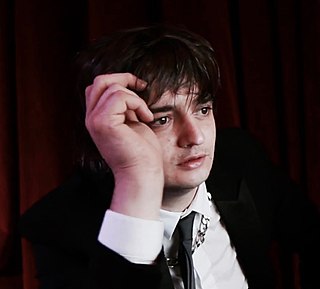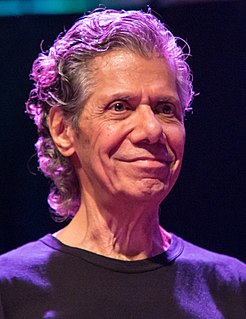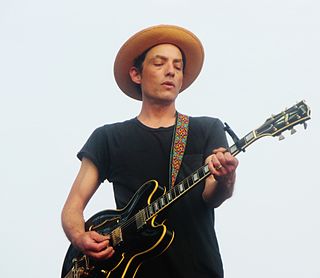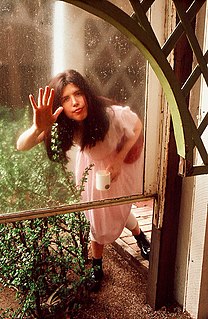A Quote by Pete Doherty
No one comes up to me asking for a crack dealer's number. People come up to me to talk about lyrics, about music, about the band.
Related Quotes
I have a structured songwriting process. I start with the music and try to come up with musical ideas, then the melody, then the hook, and the lyrics come last. Some people start with the lyrics first because they know what they want to talk about and they just write a whole bunch of lyrical ideas, but for me the music tells me what to talk about.
My dad was all about music. He was a musician, leading a band when I was born. His band was active all through the 40s. He'd started it in the late 20s and 30s. According to the scrapbook, his band was doing quite well around the Boston area. During the Depression they were on radio. It was a jazz-oriented band. He was a trumpet player, and he wrote and arranged for the band. He taught me how to play the piano and read music, and taught me what he knew of standard tunes and so forth. It was a fantastic way to come up in music.
I don't want to stand with somebody's praise. Whereas now when people come up to me, they say, "I love the bookstore" and "Kids! Come here, come here! This is the woman who owns the bookstore." That's incredible. I can say to that, "Thank you for shopping local. Thank you for coming in. What are you reading? Let's talk about books." It's about something I'm doing as opposed to somehow something I am. I feel comfortable and positive in that role. Because it's about reading. It's about books. It's about learning. It's about business and tax base.
The lyrics just come out, and I don't know where from. I'm an incredible failure in relationships. I think there's a romantic ideal that I'm aspiring for. I don't know. The lyrics are always about unsuccessful relationships. They're not all about the love between a man and a woman. It's about friendship and family. Deep down there's a lot of talk about general existence.



































